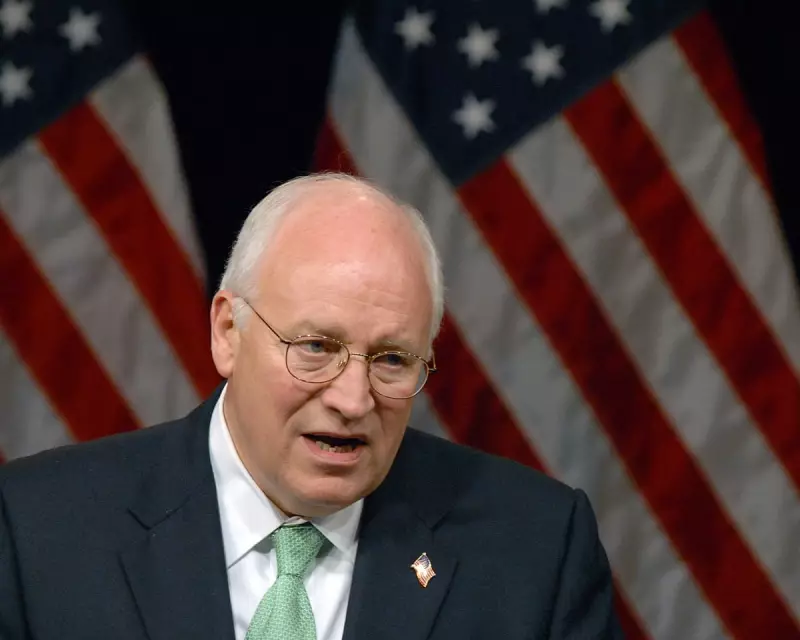
The political landscape of America lost one of its most formidable figures with the passing of Dick Cheney, a man whose influence stretched across five decades of Washington power politics. Often described as the most powerful vice president in US history, Cheney's legacy remains deeply polarising, celebrated by conservatives and condemned by critics in equal measure.
From Wyoming to the White House
Born in Lincoln, Nebraska, and raised in Casper, Wyoming, Cheney's political journey began in the halls of Congress before ascending to the highest echelons of American power. His career spanned multiple Republican administrations, serving as White House chief of staff, congressman, defence secretary, and ultimately vice president under George W. Bush.
The Architect of War
Cheney's tenure as defence secretary during the Gulf War established his reputation as a hawkish strategist, but it was his role as vice president during the 9/11 era that defined his legacy. He became the chief architect of the Bush administration's response to terrorism, advocating for robust executive power and the controversial invasion of Iraq in 2003.
A Controversial Vision of Executive Power
Cheney operated from a deeply held conviction that the presidency had been weakened after Watergate and Vietnam. He championed what critics called the "unitary executive theory," significantly expanding vice presidential authority in ways that reshaped the balance of power within the American government.
The Halliburton Years and Business Controversies
Between government roles, Cheney served as CEO of Halliburton, the oil services conglomerate. This period would later fuel accusations of conflicts of interest, particularly as the company secured lucrative contracts during the Iraq War he helped initiate.
Health Battles and Personal Resilience
Cheney's physical health mirrored the battles of his political career. He suffered five heart attacks, undergoing multiple surgeries including a heart transplant in 2012. His medical struggles became a public testament to his personal resilience and determination.
A Complex Family Legacy
In his later years, Cheney found himself at odds with his own party over the rise of Donald Trump. His daughter Liz Cheney's prominent role in opposing Trump created one of modern politics' most fascinating family dynamics, with father and daughter united in their defence of constitutional principles against what they saw as populist threats.
The Final Assessment
Dick Cheney leaves behind a legacy that defies simple categorization. To supporters, he was a steadfast defender of American security in dangerous times. To detractors, he represented the dangers of unchecked executive power and preemptive warfare. What remains undeniable is his profound impact on American politics and global affairs—an impact that will be debated by historians for generations to come.
His story embodies the complexities of power, the weight of decision-making in times of crisis, and the enduring questions about how democracies balance security with liberty. Love him or loathe him, Dick Cheney's mark on history is permanent and profound.






